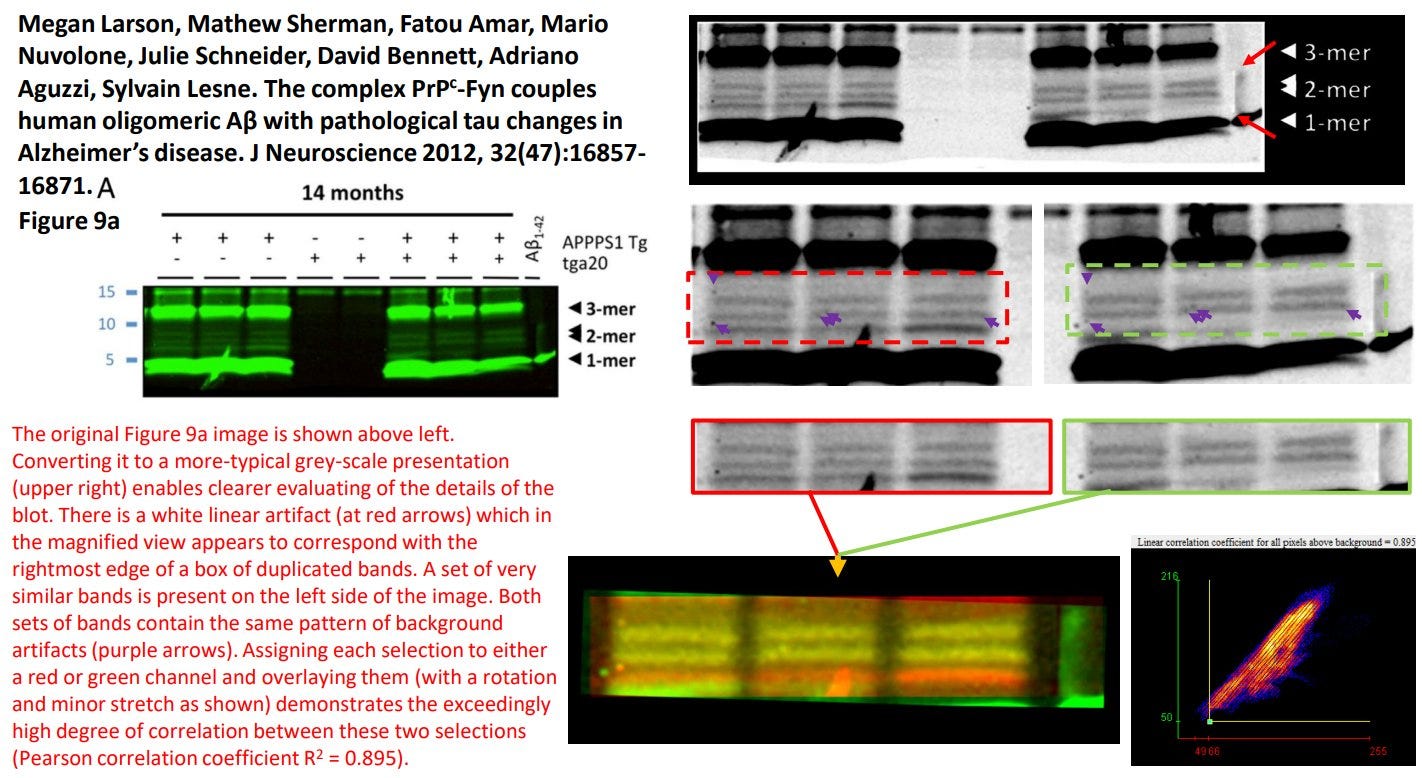RFP on Negative Metascience
A few weeks back, I wrote about negative metascience. While “traditional” metascience is about studying what makes science work well, or faster, negative metascience is the idea that there’s value in attempting to defend scientific processes and institutions against inhibitors of progress. While we need a traditional, positive metascience to improve our science, we also need a better understanding of science’s failure modes. That’s what negative metascience is for.
In that piece, I suggested that the research community would benefit from an ongoing set of case studies that conduct post-mortem investigations of cases of scientific failure. With enough of these case studies, we’d have a typology of how healthy research ecosystems break down: how they become sclerotic, misdirected, captured, or otherwise unable to expand our knowledge of the world.
We’re putting our money where our mouth is. Macroscience is looking to commission 2-3 rigorous case studies in the coming months that will take a deep look at a case of scientific failure, and diagnose its lessons for the future.
Specifically, we are interested in:
“Out of band” failure. Scientific fields are allowed to get things wrong. Research topics sometimes turn out to be dead ends, and scientists can be fooled by hoaxes now and then. These are the kinds of stochastic failure that come with good scientific exploration. We’re interested in more systemic, persistent cases, where a bankrupt theory persists long past the point of credibility, or where structural factors cause a productive field to grind to a halt.
Looking behind the science. We want these case studies to look beyond the science, and to investigate the incentives driving researchers and the institutions in which they find themselves. The most interesting proposals will explore funding streams, norms around publishing, and other elements of research infrastructure.
Rigor. Case studies should cover new ground, not just summarize what has been publicly reported. We expect case study authors to interview researchers, review primary sources, and otherwise conduct original research.
Modern case studies. While we love a good story about Renaissance-era scientists conducting weird research, we want case studies to have applicability to the modern era. That means doing post-mortems that largely focus on the way we do research in the present. Ideal cases will come out of the late 20th and 21st century.
A few of the cases that we have in mind as we put out this RFP include the Sylvain Lesné fraud in Alzheimer’s research, the craze of research around subliminal advertising in the 1980s, and a post-mortem on the rise and fall of disinformation/misinformation studies.
We’re looking for pieces that run about 5,000 words, and are offering stipends of $5,000. The excellent Santi Ruiz and I will work with you on bringing the piece together over the next few months, with the idea that we’ll release these on Macroscience starting this November/December.
Drop a line to tim@ifp.org if you’re interested, with a description of your project in no more than 250 words. Happy to answer any questions in the comments!




If you’re looking for something big, you might want to look into modern string theory essentially parasitising a large fraction of physics. This is surely controversial, but I heard someone make a good argument that is essentially why there has been only marginal progress in the field of theoretical physics for decades now.
Is there any sort of study type that considers whether science may have started out of its lane and implicitly implies that it is the arbiter of Truth across all of reality, to any degree (to protect from classic, rhetoric based "disproofs" of the notion)?